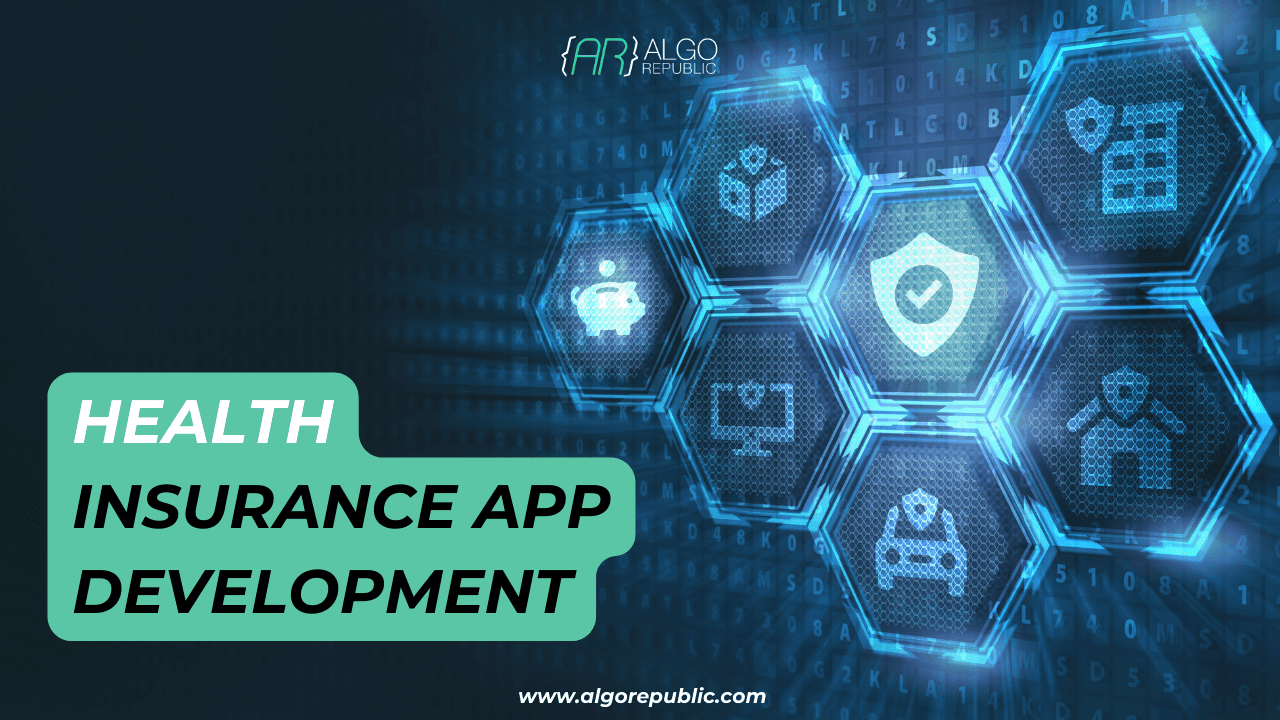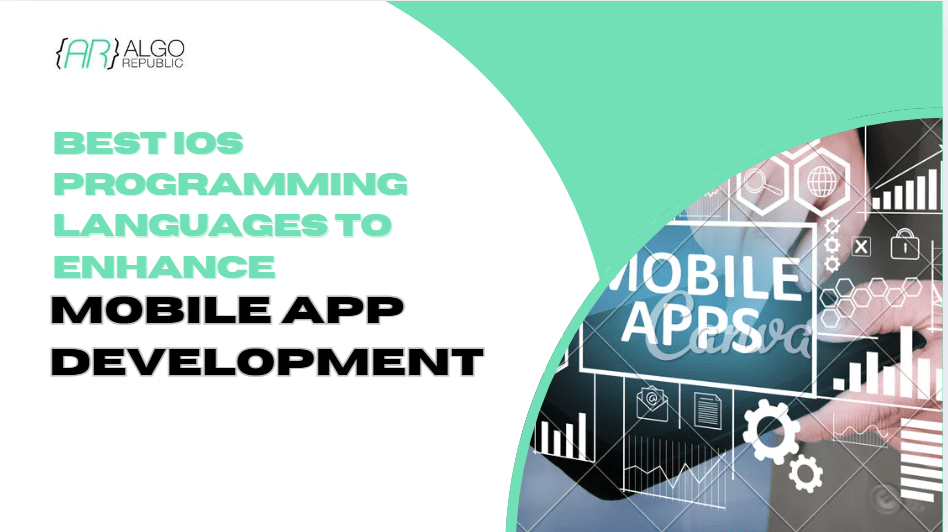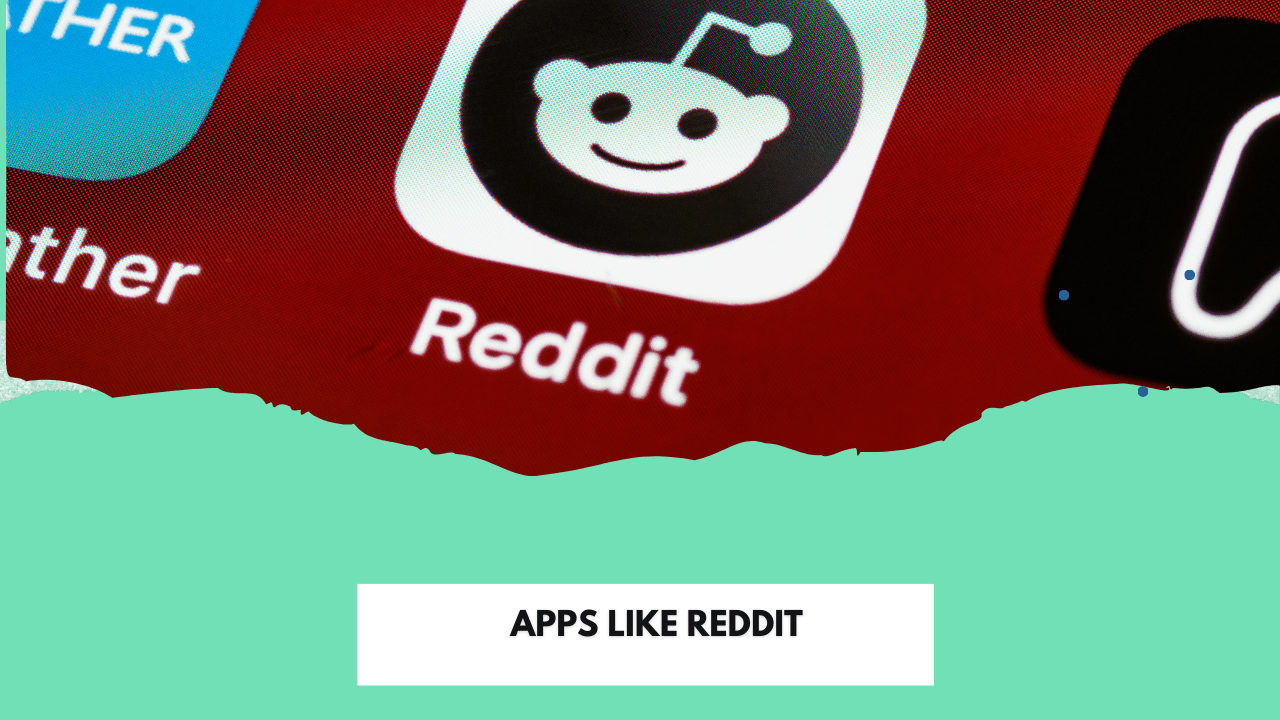Table of Contents
How Much Does a Health Insurance App Cost? Know Their Estimates
Developing a health insurance app can vary significantly in cost depending on various factors, including complexity, features, and the development team’s location. On average, the cost can range from $25,000 to $150,000. For a basic app with essential functionalities, you might spend around $25,000 to $50,000. However, for more advanced applications with comprehensive features and integrations, the price can increase to $100,000 or more. Additional costs for ongoing maintenance, updates, and marketing should also be considered when budgeting for your health insurance app. Learning about the cost estimates is important in order to hire best healthcare app developers according to your unique needs. Here is a simple table showing the cost estimates of different kinds of health insurance apps along with their app complexities for your understanding.| App Complexity | Estimated Cost | Description |
| Simple Health Insurance App | $30,000 – $50,000 | Basic features such as user authentication, policy information, and premium payment options. |
| Medium Health Insurance App | $50,000 – $150,000 | Includes additional features like claim filing, provider search, and customer support, along with a more polished user interface. |
| Complex Health Insurance App | $150,000 – $300,000 | Comprehensive functionalities, such as EHR integration, advanced analytics, real-time notifications, and extensive security measures to comply with regulations. |
Features that are Essential for an Advanced Health Insurance App Development
These features will help you consider the best ones for your health insurance app to develop a scalable experience. User Registration and Authentication A secure and straightforward registration process is essential. Implement features such as email verification, multi-factor authentication, and social media login options to ensure user security while making it easy for users to sign up. Policy Management Users should be able to view, manage, and modify their health insurance policies. This feature allows users to track their coverage, renewal dates, and any changes in terms and conditions, enhancing user engagement and satisfaction. Claim Submission and Tracking An intuitive interface for submitting claims, along with real-time tracking capabilities, is crucial. Users can upload necessary documents and receive updates on their claim status, making the process transparent and efficient. Premium Payment and Billing Providing users with a secure platform to make premium payments directly through the app simplifies the payment process. Features like automated billing reminders and transaction history add convenience and help users stay on top of their payments. Health Resources and Information Offering access to educational resources, articles, and FAQs about health insurance and wellness can empower users to make informed decisions about their health and coverage options. Telemedicine Integration Integrating telemedicine features allows users to consult with healthcare professionals directly through the app. This adds significant value, especially for users who need immediate advice or support without visiting a clinic. Push Notifications Implementing push notifications helps keep users informed about important updates, such as policy changes, payment reminders, or new health resources. This feature fosters ongoing engagement and keeps users connected to their insurance provider. Customer Support Providing in-app customer support features, such as live chat or a dedicated support section, ensures that users can easily access help when needed, enhancing the overall user experience. Data Security and Compliance Since health insurance apps handle sensitive personal information, it’s crucial to prioritize data security. Implement encryption, secure servers, and ensure compliance with regulations like HIPAA to protect user data. Analytics and Reporting Including analytics capabilities allows insurance providers to gather valuable insights about user behavior, policy performance, and overall app usage. This data can inform future improvements and marketing strategies.Types of Health Insurance Apps
Here are five types of health insurance apps designed to meet various needs in the healthcare and insurance industries. These apps perform according to different features and tools which you can look for before hiring the best healthcare app development company: Policy Management Apps: These apps allow users to manage their health insurance policies, view coverage details, track premium payments, and receive notifications about renewals or policy changes. Claim Processing Apps: Designed to streamline the claims process, these apps enable users to submit claims electronically, track their status, and receive updates or notifications about claim approvals or rejections. Telemedicine Apps: These platforms provide users with access to healthcare professionals through video consultations, allowing them to seek medical advice, get prescriptions, or follow up on health issues without needing to visit a healthcare facility. Health Wallet Apps: These apps serve as a digital wallet for storing health insurance cards, tracking expenses, and managing reimbursement requests, helping users keep all their healthcare-related information in one place. Wellness and Preventive Care Apps: These applications focus on promoting healthy lifestyles by offering features like personalized health assessments, wellness tips, reminders for health check-ups, and access to preventive care services, often integrated with health insurance plans to encourage user engagement.Why are Healthcare Sectors in Need of Health Insurance Apps?
Investing in health insurance app development is crucial for healthcare businesses as it enhances patient engagement, streamlines operations, and improves service delivery. With the growing demand for digital solutions, a well-designed app can facilitate easy access to health insurance information, simplify claims processing, and enable secure communication between patients and providers. According to a report, the global health insurance market is expected to reach $1,106.6 billion by 2027, driven by the increasing need for efficient healthcare services and digital solutions . By developing a health insurance app, businesses can stay competitive, improve customer satisfaction, and ultimately drive revenue growth.Benefits of Health Insurance App Development
To enhance your business operations and to satisfy your targeted group, you need to learn about the advantages of getting health insurance apps for seamless operations. This way, you can find proficient healthcare app developers for your business to integrate insurance apps made as per your requirements. Improved Customer Experience Health insurance apps provide users with a convenient platform to access their policy information, submit claims, and make payments. By simplifying these processes, users can manage their health insurance needs anytime and anywhere, leading to increased satisfaction and loyalty. Streamlined Claim Processing With a dedicated app, users can submit claims electronically, reducing paperwork and administrative delays. This streamlined process not only speeds up claim approvals but also minimizes errors, resulting in quicker reimbursements for users. Enhanced Communication Health insurance apps facilitate direct communication between users and insurers. Features like in-app messaging or chat support allow users to ask questions and receive assistance promptly, improving overall communication and transparency. Access to Valuable Health Information Many health insurance apps offer educational resources, articles, and tools that empower users to understand their coverage better. This access to information enables users to make informed decisions regarding their health and wellness. Cost Efficiency Developing a health insurance app can reduce operational costs for insurers by automating processes and reducing the need for extensive customer service staff. This efficiency can lead to lower premiums for users, making health insurance more affordable. Telemedicine Capabilities Integrating telemedicine features into health insurance apps allows users to consult healthcare professionals without needing in-person visits. This is particularly beneficial for users seeking quick advice or those in remote areas, making healthcare more accessible. Data-Driven Insights Health insurance apps can collect valuable user data, enabling insurers to analyze trends and improve services. These insights help insurers tailor their offerings and enhance user experiences based on real-world usage and feedback. Increased Engagement By offering features like wellness programs, health tracking, and personalized notifications, health insurance apps keep users engaged with their health insurance provider. This engagement fosters a stronger relationship and encourages users to take an active role in managing their health. Security and Compliance With a focus on data security and compliance with regulations like HIPAA, health insurance apps ensure that sensitive user information is protected. This commitment to security builds trust and reassures users that their data is safe. Competitive Advantage As the demand for digital solutions continues to grow, having a health insurance app can give providers a competitive edge in the market. By providing contemporary, easy-to-use applications, insurers can draw in new customers while keeping their current ones in a fast-changing industry.What are the Factors that Influence the Cost of Health Insurance App Development?
Check out these factors that will make you understand the potential costs associated with developing a health insurance app and make informed decisions about partnering with a dedicated healthcare app development company.. App Complexity and Features The more complex the app, the higher the development cost. Basic apps with limited features are less expensive, while apps with advanced functionalities such as telemedicine, claims processing, and integrated health tracking will require a larger investment. Each feature added increases the development time and cost. Platform Choice Developing an app for multiple platforms (iOS, Android, web) typically costs more than creating a single-platform app. If you choose to build a cross-platform app using frameworks like Flutter, the costs can be more efficient compared to building separate native apps. Design and User Experience (UX) A well-designed app enhances user experience and engagement but can increase costs. Custom graphics, animations, and intuitive navigation require skilled designers and more development time. Investing in good design often leads to better user retention, so it’s a crucial factor to consider. Integration with Third-Party Services If your app needs to connect with existing systems like Electronic Health Records (EHR), payment gateways, or insurance databases, integration costs can add up. Each integration requires additional development time and resources, impacting the overall budget. Security and Compliance Health insurance apps handle sensitive user information, so they must comply with regulations like HIPAA. Implementing robust security measures, such as data encryption and secure authentication processes, can increase development costs. Ensuring compliance with legal standards is essential to protect both users and the company. Development Team Location The location of your development team can greatly affect the overall expenses. Developers in regions with a higher cost of living may charge more than those in lower-cost areas. However, outsourcing to experienced teams in regions with lower costs can offer a good balance of quality and affordability. Maintenance and Updates The development expense in the start is only a portion of the overall financial investment. Ongoing maintenance, updates, and bug fixes will also add to the overall costs. It’s essential to budget for regular enhancements and support to keep the app functioning smoothly and securely. Testing and Quality Assurance Thorough testing is crucial to ensure the app functions correctly and provides a good user experience. The more rigorous the testing process, the higher the costs. Quality assurance helps identify issues before the app goes live, ultimately saving money by reducing the need for major fixes later on.Summing it Up
To conclude this, health insurance apps play a crucial role in modern healthcare, especially in the post-COVID-19 landscape. They enhance patient engagement, streamline claims processing, and provide easy access to essential health services, contributing to better overall health management. With the growing demand for digital health solutions, investing in a robust health insurance app is not just beneficial but necessary for healthcare businesses looking to stay competitive. Hence, if you are ready to develop a scalable health insurance app, then AlgoRepublic is here to help. We offer fast-paced healthcare app development services that leverage Gen-AI solutions and EHR systems to create customized and efficient applications tailored to your needs. Let us help you transform your healthcare services and enhance patient satisfaction.FAQs:
The cost can vary significantly based on complexity and features, typically ranging from $30,000 to $300,000. Factors like platform choice (iOS, Android, or both) and design complexity also influence the overall price.
Essential features include user authentication, policy management, claim filing and tracking, provider search, premium payment options, and customer support functionalities.
Development time varies based on app complexity but generally takes between 3 to 6 months. This includes design, development, testing, and deployment phases.
Yes, ongoing costs may include maintenance, updates, server hosting, and customer support. Budgeting for these recurring expenses is crucial for long-term success.
Yes, integrating with Electronic Health Record (EHR) systems is possible and often necessary for seamless data exchange and improved patient care.
A common technology stack includes React Native or Flutter for cross-platform development, along with backend solutions like Node.js or Ruby on Rails, and databases like PostgreSQL or MongoDB.
Compliance with healthcare regulations, such as HIPAA in the U.S., may increase development costs due to the need for additional security features, data encryption, and legal consultations.
Gen-AI solutions can enhance user experience through personalized recommendations, automate claims processing, and improve customer service with intelligent chatbots, ultimately driving user engagement and satisfaction.



